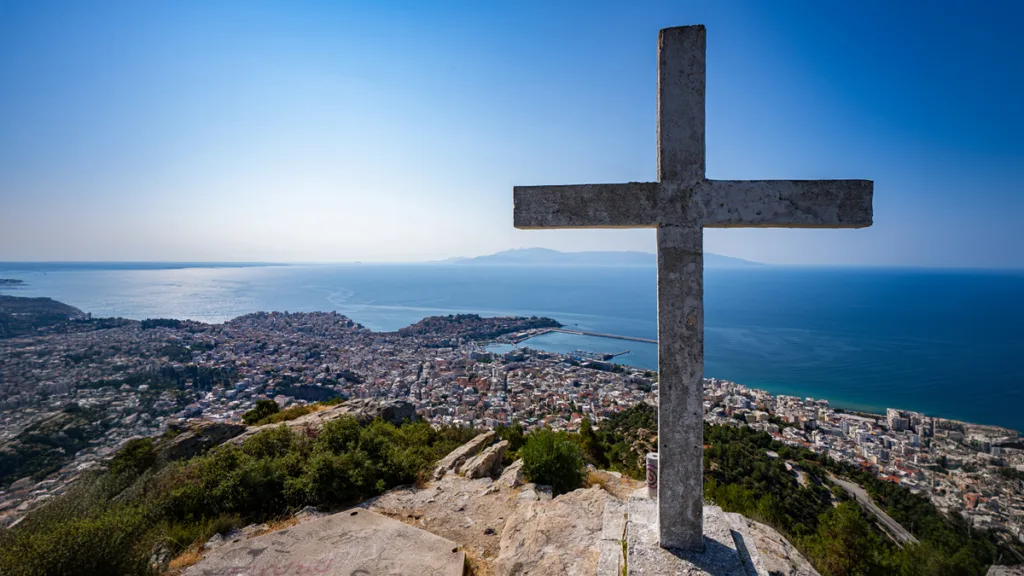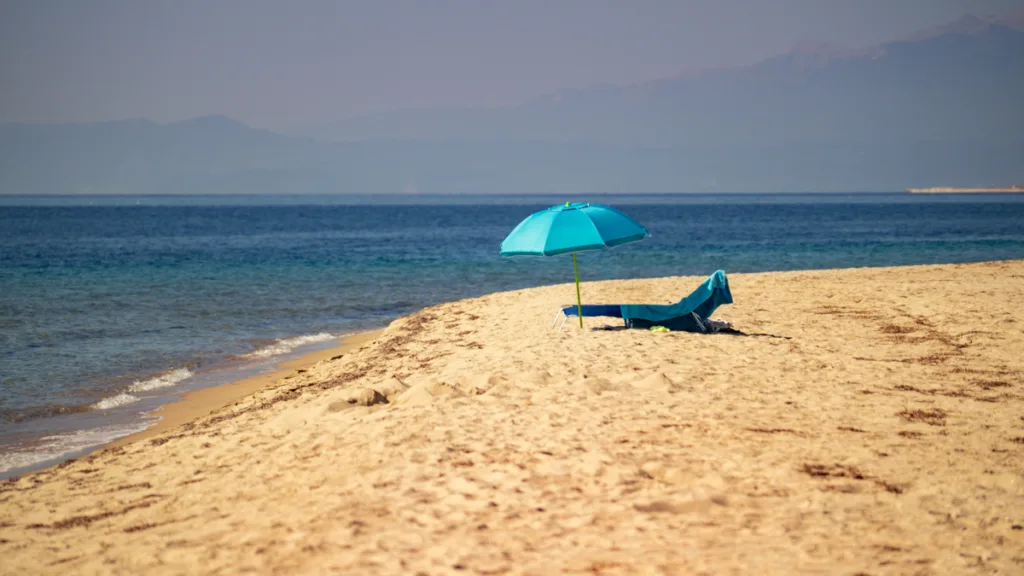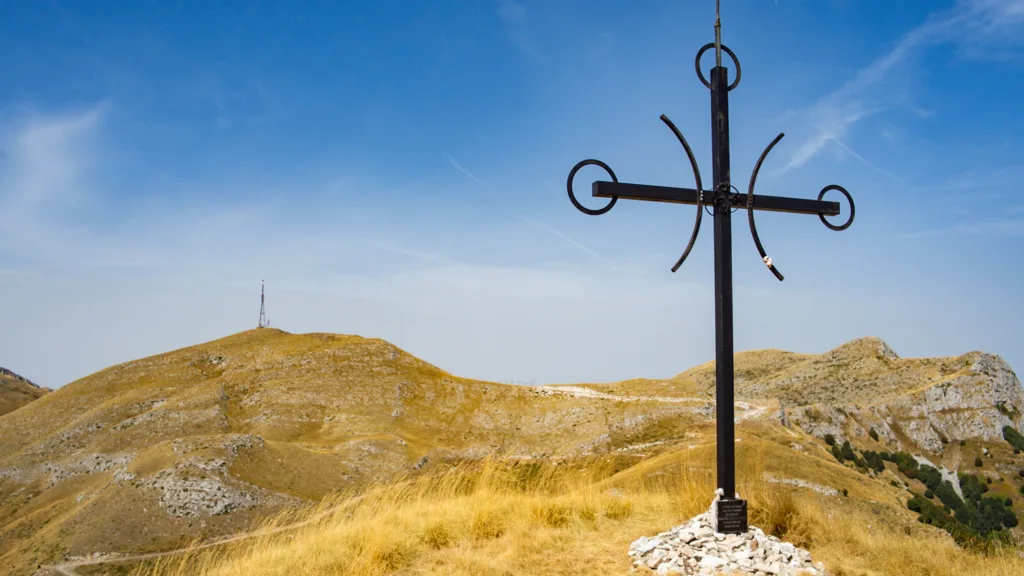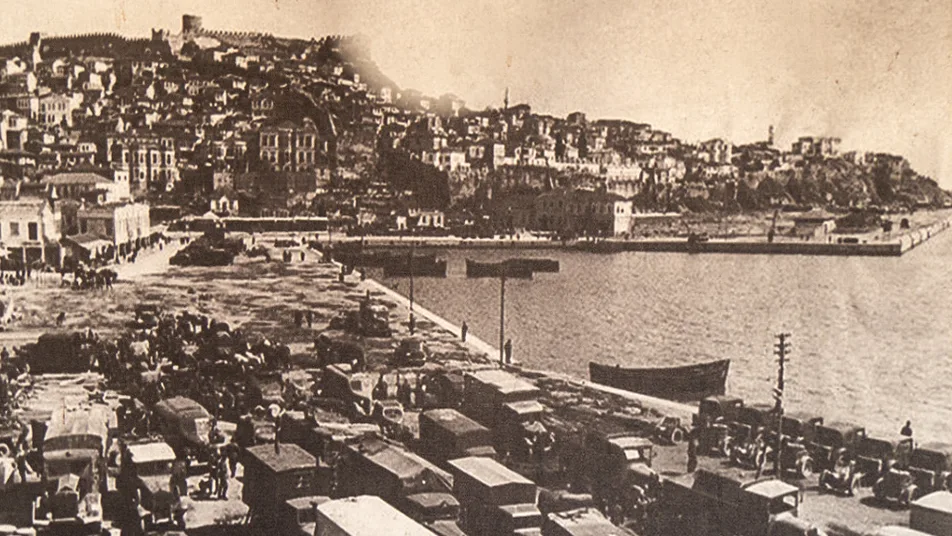Faith and Religion in Greece

Welcome to a journey through Greece’s rich and diverse religious landscape. From the prominent Greek Orthodox Church to smaller communities of Muslims, Catholics, and Hellenic pagans, this article explores the variety of faiths that contribute to the country’s culture and identity.
The Dominance of Greek Orthodoxy
Greek Orthodoxy is the heart and soul of religious life in Greece. Representing around 90% of the population, the Greek Orthodox Church is more than a faith; it’s a cornerstone of national identity. The Church’s influence extends to the state’s symbols, with Greek flags displayed in Orthodox churches, signifying its deep-rooted connection to Greek heritage and governance.
Key Points:
- Prevalence: 90% of Greeks identified as Orthodox in recent surveys.
- Historical Role: The Church played a pivotal role during the Ottoman Empire and the Greek War of Independence, cementing its place in the national consciousness.
- State Relations: Clergy salaries and pensions are state-funded, reflecting the Church’s established status.
Other Christian Denominations
While Orthodoxy reigns supreme, Greece is home to other Christian communities as well. Roman Catholics, mainly found in the Cyclades and Ionian Islands, make up less than 1% of the population but have grown due to immigration, now numbering over 200,000.
Quick Facts:
- Roman Catholics: Approximately 50,000 native Greek Catholics.
- Greek Catholics: Around 6,000 Byzantine Rite Catholics, primarily in Athens.
- Protestants: The Protestant community, including Evangelicals and Pentecostals, numbers around 23,000.
Islam in Greece
Islam is the second-largest religion in Greece, with Muslims making up about 2% of the population. The majority reside in Western Thrace, with significant immigrant communities in Athens. This diverse group includes Pomaks, Romani people, and immigrants from various countries.
Highlights:
- Population: Estimated at 97,604 in the 1991 census; higher today due to immigration.
- Main Regions: Concentrated in Western Thrace and Athens.
Jewish Community
Greece’s Jewish population is small but historically significant. The community includes Romaniotes, whose presence dates back to antiquity, and Sephardic Jews who settled during the Ottoman era. Today, the Jewish population stands at about 5,500, primarily in major cities like Athens and Thessaloniki.
Noteworthy Details:
- Historical Roots: Deep historical connections, with significant migrations during the Byzantine period and after the Spanish Inquisition.
- Current Demographics: Concentrated in urban centers with active community life.
Other Religions
Greece’s religious landscape is enriched by smaller communities practicing Buddhism, Hinduism, Sikhism, and Hellenic ethnic religion. These groups, while minor in numbers, add to the country’s multicultural fabric.
Diverse Beliefs:
- Buddhism and Hinduism: Gaining followers through immigration from East and Southeast Asia.
- Sikhism: Around 20,000 Sikhs face unique challenges and maintain vibrant cultural practices.
- Hellenic Paganism: Over 2,000 adherents, officially recognized by the Greek state since 2017.
Demographics in Greece
| Religion | Population % | Main Regions | Notable Facts |
|---|---|---|---|
| Greek Orthodox | 90% | Nationwide | Deep ties with the state; historical significance |
| Islam | 2% | Western Thrace, Athens | Significant immigrant communities |
| Roman Catholic | <1% | Cyclades, Ionian Islands | Growth due to immigration |
| Protestant | 0.23% | Nationwide | Includes Evangelicals and Pentecostals |
| Judaism | <1% | Athens, Thessaloniki | Rich historical presence; Romaniote and Sephardic roots |
| Buddhism | Minor | Athens, Thessaloniki | Growing due to immigration |
| Hinduism | Minor | Athens | Small but notable community |
| Sikhism | Minor | Central Greece | Community centers face legal and social challenges |
| Hellenic Paganism | Minor | Nationwide | Officially recognized since 2017 |
Conclusion of Faith and Religion
Faith and Religion: Greece’s religious diversity is a testament to its rich cultural tapestry. From the dominant Greek Orthodox Church to vibrant minority communities, each faith contributes to the nation’s unique identity. Exploring these various beliefs offers a deeper understanding of Greece’s history, culture, and social dynamics. find out more here!
Cultural and spiritual insights. Learn about the local History of Kavala or visit the historic Monastery.
Best Beaches
Best Beaches in Kavala Sun, Sand, and Sea Are you longing for golden sandy beaches,…
Elenas Green House
Elenas Green House Your Beachfront Holiday Retreat pictures by luxlens.gr If you are searching for…
The Mountains
Mountains around Kavala Nature’s Hidden Treasures The Kavala Mountains in Northern Greece are more than…
Enduro
Enduro Riding in Kavala Your Guide to an Unforgettable Adventure If you’re seeking an adrenaline-fueled…
Nudist Beaches
Nudist Beaches Kavala Top Naturist Destinations If you’re looking for peaceful and private places to…
From Neapolis to Kavala
From Neapolis to Kavala A 2500-Year Journey into the Cyan City Kavala History: From Neapolis…
Sailing
Discover Sailing in Kavala Adventure on the Aegean Sea Kavala, often hailed as a hidden…
Taxis
Kavala Taxi Reliable and Convenient City Travel Kavala, a true hidden treasure of the northern…
Dentists
Dentist in Kavala Your Smile’s New Best Friends Kavala is not just a picturesque city…









